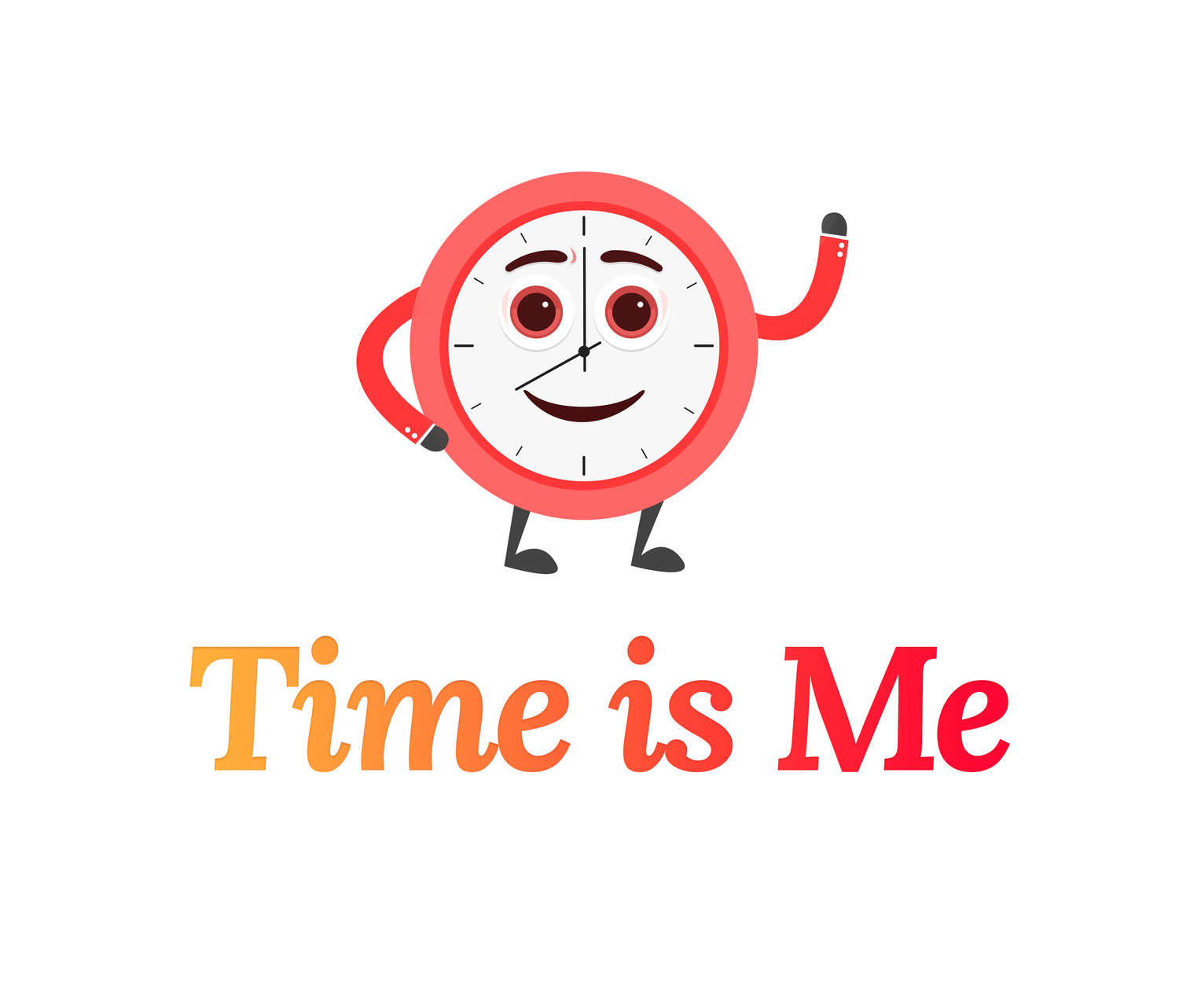Are you time orientated or task orientated? What is the difference? They are really two different personalities. For example, a time orientated person (like myself) is more concerned with how much time something takes while a task orientated person is more concerned with getting the task done. They are more likely to see time as renewable and more concerned with the actual task at hand and not concerned with how long it will take. A good way to put this is to see hourly wages (time-orientation) vs salary (task orientation). With an hourly wage, the employee is paid strictly based on the amount of time they work while a salaried employee is paid the same for the task (position). Since I am time orientated, I would prefer to be paid hourly because I then know none of my time will be spent working for free (again that’s how I view it). A task orientated person may not mind as well with that but again would not be the person to go to when it comes to actually tracking the time and finding the most efficient way.
Of course both time orientated people and task orientated people work both salary and hourly jobs and may prefer one to the other for various reasons because there are benefits to both. Typically, higher paid positions are salary, but again, this is not always true. Also, we usually don’t have the luxury to pick which pay structure we want and if you have your own business, there will be plenty “working for free” in the beginning.
It is important to know which one you are more like. You can be a good amount of both and there are times where it is better to be both. Please see below the table for time orientation vs task orientation based on my observation.
Time-Orientated
- Concerned with how much time the tasks take
- Keeps track of time
- Can get impatient with things taking too long
- Prefers quicker tasks, but can handle more tasks
- Faster paced
Task-Orientated
- Concerned with how many tasks
- Keep track of tasks
- Can get impatient with too many tasks
- Prefers bigger tasks and projects
- Slower paced
Again, anyone could be a combination of both. This is just a guide to find out more of who you are. I will get more in depth about time orientation vs task orientation in a later post.

